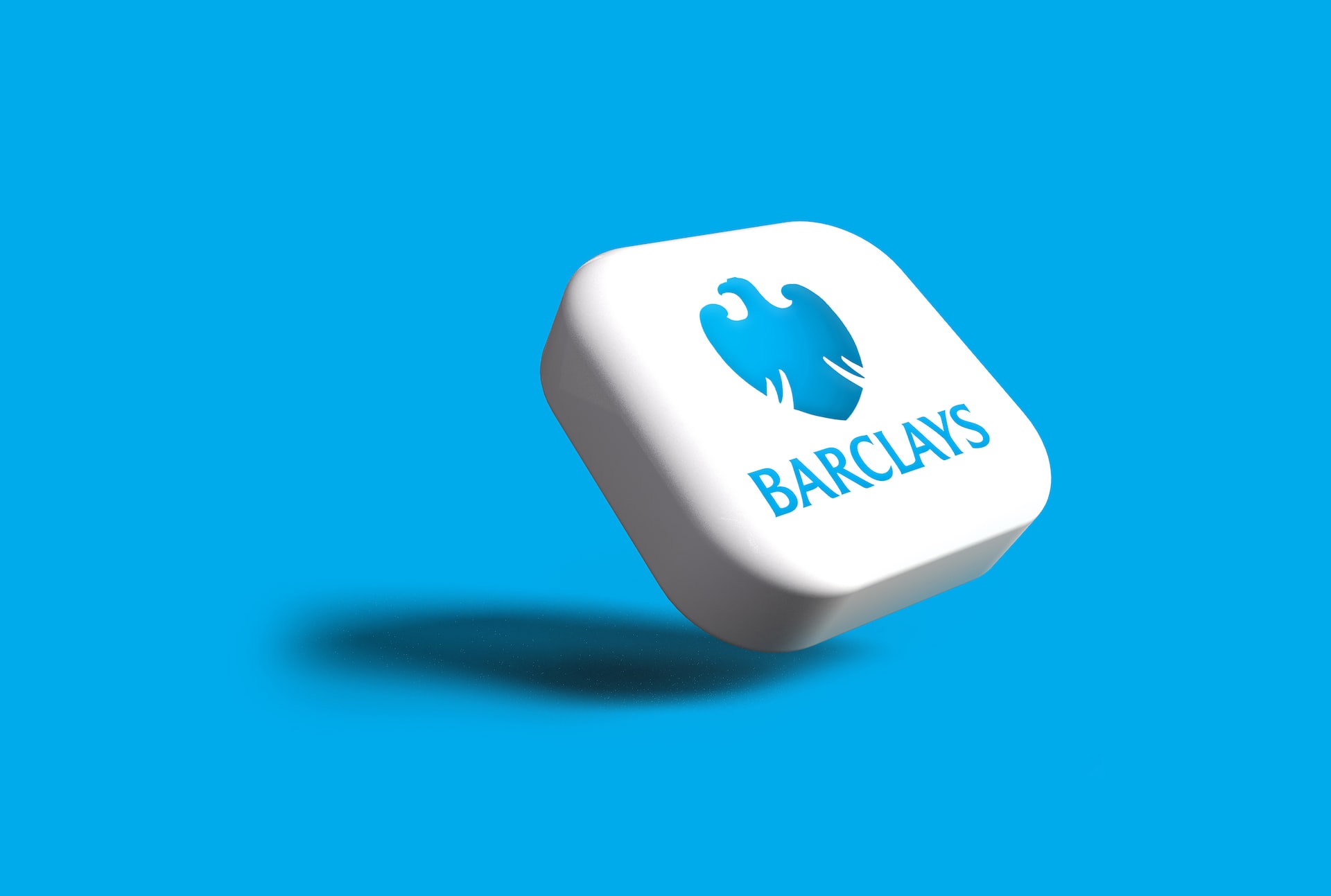
Barclays Posts Impressive Q1 Results, Demonstrates Resilience Amid Global Banking Turmoil
Consumer Banking and Fixed-Income Trading Drive Growth, Bank on Track to Meet 2023 Targets
Barclays announced a first-quarter net profit of £1.78 billion ($2.2 billion), surpassing expectations and marking a 27% increase compared to the same period last year. A Reuters poll had predicted a net profit of £1.432 billion. Barclays' consumer, cards, and payments division showed significant growth, with a 47% rise in income. This growth compensated for the corporate and investment bank division's 1% increase. The acquisition of retailer Gap's credit card portfolio contributed to this growth. Barclays UK's income rose 19% as a result of improved net interest income.
The bank also reported £500 million in credit impairment charges, attributed to higher U.S. card balances and anticipated normalization in U.S. card delinquencies. In comparison, Barclays had set aside £1.2 billion for such charges in the previous year due to customers grappling with cost pressures. Barclays shares rose 4.3% at 8:55 a.m. in London, following the announcement of the strong results.
Barclays is on track to achieve its 2023 targets, with all performance metrics in line with or exceeding guidance during the first quarter. CEO C.S. Venkatakrishnan described the quarter as "strong," with income increasing by 11% to £7.2 billion. He added that the group's momentum allowed the bank to maintain a robust capital position, deliver attractive returns to shareholders, and support customers and clients in an uncertain economic environment.
The global banking sector has recently experienced turbulence, with the collapse of U.S.-based Silicon Valley Bank and several regional lenders in early March, as well as the rapid takeover of Credit Suisse by Swiss rival UBS. Deutsche Bank, another major player, reported a first-quarter net profit of €1.158 billion ($1.28 billion), exceeding a consensus forecast of €864.54 million.
Barclays' pre-tax profits reached £2.6 billion, surpassing the average analyst forecast of £2.2 billion and the £2.2 billion reported during the same period last year. The consumer, cards, and payments division's income rose 47% to £1.3 billion, driven by increasing credit card balances and the acquisition of Gap's portfolio. However, the bank's bad loans provision for the quarter jumped to £524 million from £141 million a year earlier, primarily due to its U.S. cards business.
Investment banking results were underwhelming, with an 8% decline in global markets trading income and a 7% drop in fees from corporate mergers and fundraising advisement. Mergers and acquisitions activity reached its lowest point in over a decade, as rising interest rates and high inflation dampened enthusiasm for deal-making.
In contrast, Barclays' fixed-income trading revenue saw a surprising 9% increase to £1.79 billion ($2.2 billion), compared to the 11% decline analysts had anticipated. The overall pre-tax profit rose to £2.6 billion, beating expectations. Barclays reported provisions for souring loans of £524 million, over three times higher than the previous year but slightly better than estimates.
Despite rivals like Deutsche Bank experiencing deposit declines, Barclays saw deposits rise by about £10 billion in the first quarter. CEO Venkatakrishnan attributed this to the UK being more insulated from deposit flight than the US. Barclays is the second major UK bank to report earnings, following Standard Chartered, as investors continue to seek clarity on the global economy's health and lenders' readiness for potential distress.
The bank's transaction banking income rose 68%, marking its best first-quarter performance since at least 2014. However, equities trading fell short of expectations, dropping 33% to £704 million.
Operating expenses at the UK
unit increased by 9% to £1.1 billion, impacted by inflation. Barclays believes that its ongoing digitization efforts will result in cost savings over time. Finance Director Anna Cross informed journalists that the first quarter would likely be the peak for costs this year.
These strong results and an unchanged outlook from the group provide some comfort to investors, with the market consensus for Barclays shares remaining a buy. Over the last three months, the bank's shares have dropped by 17%, but they are still ahead by 8% over the past year, compared to a 6% gain for the broader FTSE 100.
Richard Hunter, head of markets at interactive investor, commented on the recent turmoil in the global banking sector, which has affected share prices. He said, "Barclays is no exception despite its relative distance from the fray." Hunter added that the robust numbers and an unchanged outlook from the group would likely give embattled investors some solace.
The bank's resilient performance in the first quarter was partly due to its proactive approach in expanding its consumer, cards, and payments division, alongside maintaining a strong position in the fixed-income trading market. As uncertainty continues to loom over the global economy, Barclays' ability to adapt and diversify its offerings will be crucial in maintaining its growth trajectory and meeting its 2023 targets.
In summary, Barclays has reported a better-than-expected first-quarter profit, driven by its consumer banking division and a surprising increase in fixed-income trading revenue. Although the global banking sector has faced challenges in recent months, Barclays has demonstrated its resilience and appears well-prepared to navigate the evolving economic landscape. As the bank continues to focus on digitization and cost-saving measures, it remains on track to achieve its targets and deliver value to shareholders.
Read More
-
GPIX ETF Climbs to $52.54 as 8% Yield Turns S&P 500 Volatility Into Income
02.01.2026 · TradingNEWS ArchiveStocks
-
XRP ETF Rally: XRPI $11.54, XRPR $16.35 And XRP-USD At $1.99 Aim For A $5–$8 Cycle
02.01.2026 · TradingNEWS ArchiveCrypto
-
Natural Gas Price Forecast: NG=F Tests $3.50–$3.60 Floor Before LNG Wave
02.01.2026 · TradingNEWS ArchiveCommodities
-
USD/JPY Price Forecast - USDJPY=X Holds Near 157 as BoJ Caution and Fed Cut Bets Drive the Move
02.01.2026 · TradingNEWS ArchiveForex


















